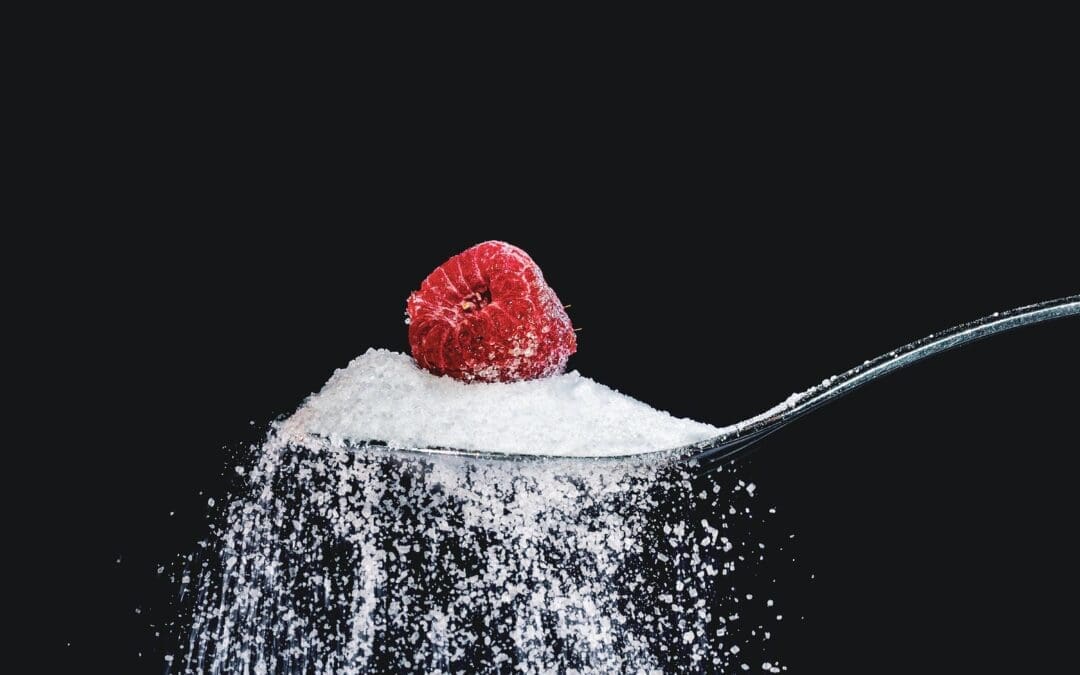In the ever-evolving landscape of health and wellness, the spotlight has increasingly turned to the role of sugar in our diets. Governments are attempting to reduce sugar intake through taxation and more stringent regulations for manufacturers.
As consumers in Europe and North America become more conscious of the impact of their choices, the demand for healthier sweetening alternatives has skyrocketed.
In this blog post, we delve into the current trends shaping the world of sugar consumption and explore how Dr. Coy’s sugars are poised to meet the needs of the health-conscious consumer in 2024 and beyond.
The Sugar Consumption Conundrum
The past decade has witnessed a notable shift in consumer attitudes towards sugar. Fuelled by growing awareness of the potential health risks associated with excessive sugar intake, such as obesity, diabetes, cancer, and cardiovascular disease, people are actively seeking to reduce their sugar consumption. According to industry data, global sugar consumption is expected to decline by 1.4% in 2024, marking a significant change in consumer behaviour. This trend follows on from the Covid pandemic which impacted consumers’ understanding of health and led many to seek better nutrition to support their immunity.
Driven by this heightened health consciousness, the demand for low-calorie, low-sugar, and sugar-free alternatives has surged. The global sugar substitutes market is expected to grow at a compounded growth rate of 5.8% from 2024 to 2030 to reach 10.4 billion US Dollars by 2030.
The Rise of Healthier Sweetening Options
As the requirement for healthier sweetening options increases, companies are rising to the challenge. Leveraging the latest advances in food science and nutrition, Dr. Coy has developed a range of natural sugar mixtures that cater for the evolving needs of health-conscious consumers.
At Nutritelligence, we are helping food and beverage companies create and improve product lines utilising Dr Coy’s mixtures and technology. These mixtures offer health benefits by combining rare, natural sugars: galactose, isomaltulose, tagatose, trehalose, and ribose. In specific combinations, these sugars offer a health-conscious alternative to traditional sugar. With a lower glycaemic index and a fraction of the calories, Dr. Coy’s sugars provide the same indulgent taste without the associated health risks. For example, tagatose and isomaltulose are tooth-friendly and don’t spike blood sugar levels. These claims have been supported by The European Food Safety Authority and independent peer-reviewed studies[1].
Trends in the Food & Beverage Market
As lifestyles become busier, there is a growing demand for ready-to-drink beverages, snack bars, and pre-packaged meals that align with health-conscious choices.
Functional foods and beverages have recently emerged as one of the biggest trends in the health foods sector. Popular nutrition companies are launching vitamin and protein drinks that can be enjoyed on the go. Although these offer a low sugar alternative to sodas or milkshakes, some contain artificial sweeteners such as sucralose. Unfortunately, sucralose has been proven to alter glucose and insulin levels, increase the risk of digestive problems, negatively alter gut health and damage the GI tract. Dr Coy’s sugars provide an excellent alternative to sucralose thanks to their ability to stabilise blood glucose and insulin levels and feed good gut bacteria.
Another important trend for users has recently focused on lactose and fructose-free products. Lactose is a sugar that is naturally found in milk and milk products, like cheese or ice cream. Many people are opting for lactose-free foods for ethical reasons, but also due to intolerances to lactose.
Experts estimate that about 68% of the world’s population has lactose malabsorption[2]. Even though some of Dr Coy’s sugars like galactose and tagatose are naturally derived from lactose, they do not affect those with a lactose-intolerance. Since galactose is already separated from glucose, it is suitable for people who are lactose intolerant and lacking the enzyme that breaks lactose into glucose and galactose, called lactase. Additionally, for those with a fructose-intolerance, tagatose and galactose are fructose-free.
Dr Coy’s sugars can provide an ideal replacement for artificial sweeteners and traditional sugar in many of the treats we all like to enjoy, like beverages, chocolate, cakes or ice cream.
Another key focus in the healthcare industry is the concept of personalised nutrition. This translates to creating nutrition that is tailored to support healing and recovery or help those living with chronic conditions such as diabetes or cancer.
For example, a primary focus of Dr. Coy’s research is the relationship between cancer cells and sugar. By understanding how cancer cells use sugar, Dr. Coy realised that specific natural sugars, for example, galactose and mannose, promote a switch of energy metabolisms which prevent cancer cells from growing. Products inspired by Dr Coy’s technology have been well-received by people recovering from cancer and living with diabetes.
We are proud to be at the forefront of science and nutritional innovations and we look to the future with optimism – as we help consumers re-frame their view on sugar in their diet.
Resources:
[1] Maresch CC, Petry SF, Theis S, Bosy-Westphal A, Linn T. Low Glycemic Index Prototype Isomaltulose-Update of Clinical Trials. Nutrients. 2017 Apr 13;9(4):381. doi: 10.3390/nu9040381. PMID: 28406437; PMCID: PMC5409720.
[2] Storhaug CL, Fosse SK, Fadnes LT. Country, regional, and global estimates for lactose malabsorption in adults: a systematic review and meta-analysis. The Lancet. Gastroenterology & Hepatology. 2017;2(10):738–746

